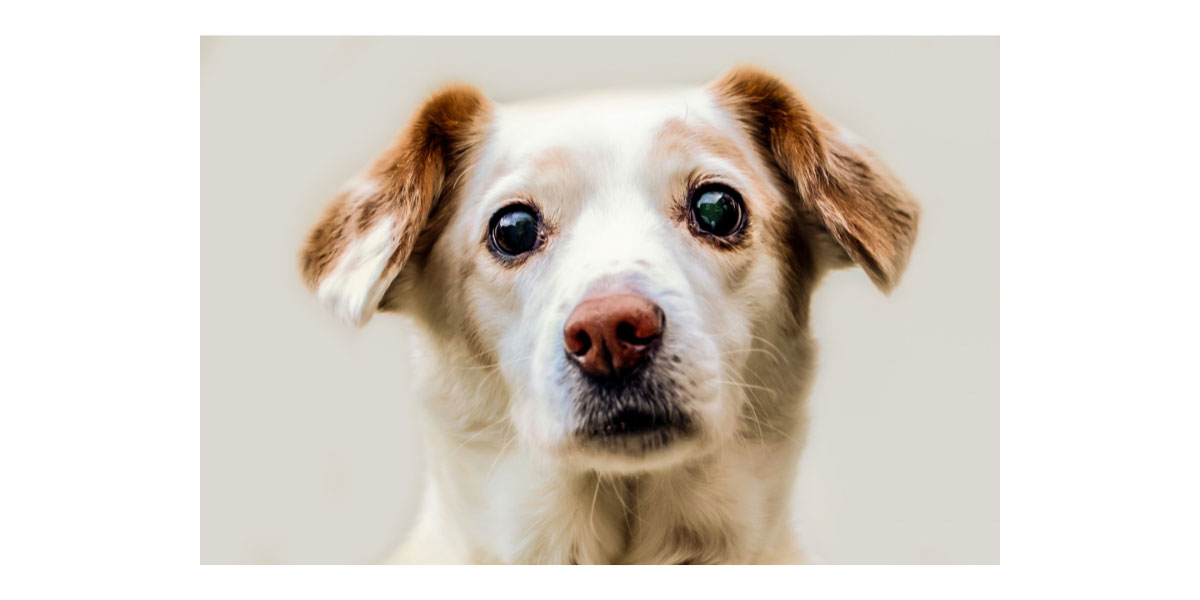
SAVE AN EXTRA $5 - $20 OFFUse code PETS in cart (Exclusions apply)

Save 40% with first AutoShipUse code NEW40 (Up to $40 max. Exclusions apply)

While efforts are made to answer all questions as quickly as possible, if an immediate answer is required or if your pet is in need of urgent or emergency care, contact your pet's veterinarian immediately.

You will receive an answer from Dr. Lindsay and our vet/tech team as soon as possible, usually the same day.
All answers are provided for informational or educational purposes only, and are intended to be a supplement to, and not a substitute for, the expertise and professional judgment of your pet's veterinarian.
It may be necessary to consult your pet's veterinarian regarding the applicability of any opinions or recommendations with respect to your pet's symptoms or medical condition.
Close
An error has occurred, please reload the page and try again.
Close
While efforts are made to answer all questions as quickly as possible, if an immediate answer is required or if your pet is in need of urgent or emergency care, contact your pet's veterinarian immediately.
There is no answer related to your question

Glaucoma is one of the leading causes of vision loss and blindness in dogs and cats. It affects around 1-2% of dogs, and though it’s less common in cats, it affects our feline friends too. In honor of National Glaucoma Awareness Month, learn how this painful eye condition affects pets and how you can protect your pet’s eye health.
What Causes Glaucoma in Pets?
In a healthy eye, a clear fluid called the aqueous humor fills a space between the cornea and the lens. Aqueous humor flows in and out of the eye to supply nutrients to the ocular tissue and maintain eye pressure, helping the eye keep its shape.
In pets with glaucoma, the aqueous humor is no longer draining properly, and builds up inside the eye, causing it to swell. Eventually, the pressure will damage the ocular nerve that sends signals from the eye to the brain, ultimately causing blindness.
There are two primary types of glaucoma: primary glaucoma and secondary glaucoma.
Primary glaucoma is genetic. It’s caused by an inherited malformation of the drainage ducts. It’s more common in Siamese cats, as well as many dog breeds, including the Boston Terrier, Cocker Spaniel, Basset Hound, Beagle, Toy Poodle, and Siberian Husky.
Secondary glaucoma is caused by a blockage in the drainage ducts. It can be secondary to an injury, lens luxation, tumor, or uveitis, inflammation of the eye due to an infection, injury, diabetes, autoimmune disease, or unknown causes. In cats, some of the most common causes include feline leukemia virus, (FeLV), feline immunodeficiency virus (FIV) and toxoplasmosis.
What are the Symptoms of Glaucoma in Pets?
With acute glaucoma, also known as closed angle glaucoma, symptoms appear very suddenly. Acute glaucoma is a medical emergency and your pet will need to be treated immediately to prevent permanent vision loss. Acute glaucoma tends to be severely painful.
Chronic open-angle glaucoma develops more slowly, and may not be painful at first. Symptoms can be subtle and easily overlooked. It can be caught early, before painful symptoms develop, during your pet’s annual wellness exam. Pets of breeds prone to glaucoma should have regular eye exams.
Symptoms of Glaucoma in Pets Include…
Any time your pet has eye-related pain or changes to the appearance of the eye, seek immediate care from your nearest emergency vet hospital. Glaucoma and other eye issues that present with similar symptoms can be incredibly painful and can quickly lead to permanent vision loss if left untreated.
Treatment of Glaucoma in Pets
If your pet has an emergency glaucoma attack, they will need urgent veterinary care to lower their eye pressure as soon as possible. The eye may need to be drained to prevent permanent damage to the optic nerve. Your pet will also likely need pain management.
Unfortunately, there is no cure for glaucoma in pets. When it affects one eye, it is likely to eventually develop in both. Fortunately, it can often be managed with medications.
Your veterinarian may prescribe eyedrops and/or oral medications that help increase drainage, reduce blood pressure, and/or reduce production of aqueous humor. If needed, your pet may also receive pain medication.
When glaucoma cannot be managed with medication, surgery may be necessary. Through surgery, a drainage implant can be installed to reduce pressure buildup. Or, aqueous humor can be reduced by destroying part of the ciliary body, the part of the eye that produces the fluid.
If your pet is in pain that cannot be managed through surgery or medication, your veterinarian may recommend having their eye surgically removed. While this will result in permanent blindness, pets often adapt quickly to vision loss and experience a greatly improved quality of life when their eye is no longer a source of pain.
 Swipe
Swipe